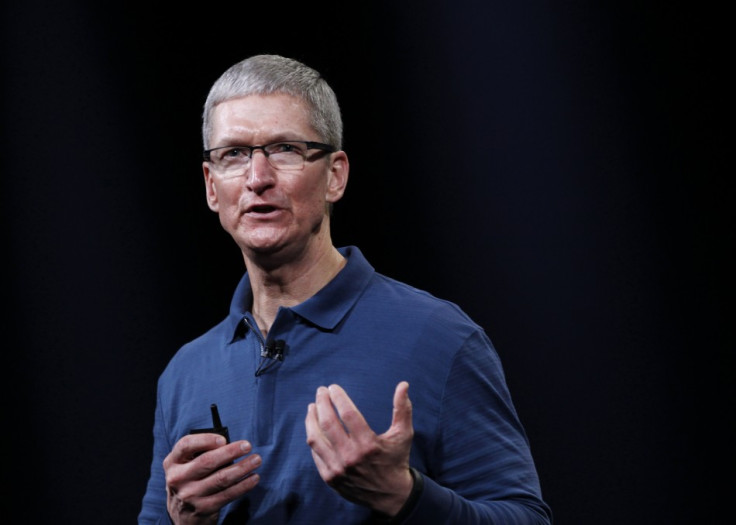Apple rejects court order to unlock San Bernardino shooter Syed Farook's iPhone

Apple has rejected a court order from the US government to help the FBI unlock the iPhone belonging to San Bernardino shooter Syed Farook, saying that the implications of doing so were "chilling".
Responding to calls by US authorities to provide a means of enabling investigators to access Farook's iPhone 5C, Apple CEO Tim Cook said such a means of decrypting the device would ultimately create a "backdoor" to Apple's operating system and put the personal data of million of customers at risk.
Federal authorities have ordered Apple to alter Farook's device so that investigators can make unlimited attempts at entering the passcode without the risk of wiping the data, which occurs when an incorrect code is entered 10 times in a row.
However, Cook publicly contested what he labelled "an over-reach by the US government", adding that the request set "a dangerous precedent" in that it could potentially provide both criminals and authorities with unlimited access to customer data and the ability to intercept calls, messages and track users via GPS.
Cook said: "Up to this point, we have done everything that is both within our power and within the law to help them. But now the US government has asked us for something we simply do not have, and something we consider too dangerous to create. They have asked us to build a backdoor to the iPhone."
"Specifically, the FBI wants us to make a new version of the iPhone operating system, circumventing several important security features, and install it on an iPhone recovered during the investigation. In the wrong hands, this software – which does not exist today – would have the potential to unlock any iPhone in someone's physical possession.
"The FBI may use different words to describe this tool, but make no mistake: building a version of iOS that bypasses security in this way would undeniably create a backdoor. And while the government may argue that its use would be limited to this case, there is no way to guarantee such control."
Farook and partner Tashfeen Malik shot and killed 14 people at a Christmas party in San Bernardino, California, on 2 December 2015.
The FBI has since been attempting to access Farook's iPhone in the hope that it will provide investigators with information regarding the motives behind the attack and any affiliation to terrorist groups. While Apple has been assisting the FBI in the matter, the company has remained resolute in its policy of protecting its customers data and denying access to the devices of criminal suspects, claiming that doing so would tarnish the relationship it enjoys with its customers.
Cook added: "Opposing this order is not something we take lightly. We feel we must speak up in the face of what we see as an overreach by the US government.
"While we believe the FBI's intentions are good, it would be wrong for the government to force us to build a backdoor into our products. And ultimately, we fear that this demand would undermine the very freedoms and liberty our government is meant to protect."
© Copyright IBTimes 2025. All rights reserved.






















